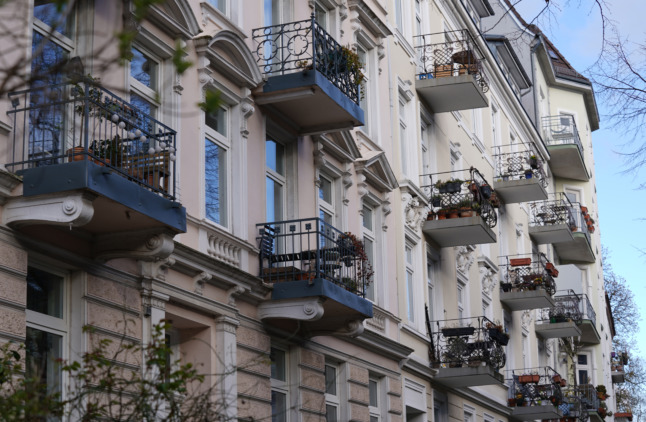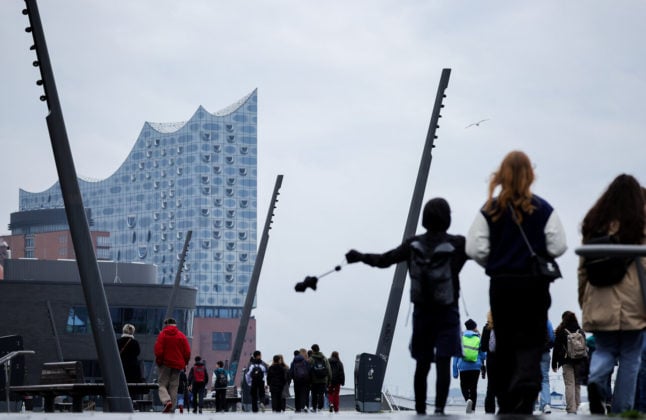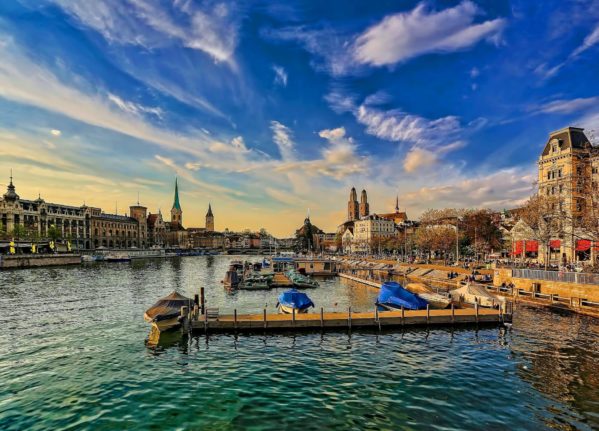When international residents dream of moving to Germany to start a new life, they often picture it as an exciting adventure where they’ll have a buzzing social life and a cosy flat.
But Germany’s two largest cities were rated poorly in a recent ranking, especially when it comes to making friends, bureaucracy, settling down and finding a home.
InterNation’s 2023 Expat City Ranking, based on a survey of over 12,000 people living abroad, ranked Berlin and Hamburg as two of the worst cities to live in for foreigners.
According to the ranking, Malaga, Alicante and Valencia in Spain took the top three spots for the best cities for foreigners to live.
Coming in at 46th out of 49, Hamburg is where foreign residents “are unhappiest with their social life”, according to the InterNations survey.
Meanwhile, Berlin was found to be a city where expats faced a “rocky start”, landing in the 45th spot.
Just why are these cities getting such a bad rap?
Hamburg
The Hanseatic city is known for its seedy nightlife and for helping the Beatles hone their craft before becoming global pop stars. But nowadays it’s also an economic powerhouse with a host of upmarket bars, world-class restaurants and fancy hotels.
According to the InterNations survey, it’s the place where foreigners feel the second unhappiest overall – just behind Vancouver.
Despite being a city with lots going on – whether its culture or pubs – 41 percent of expats aren’t satisfied with their social life, compared to 25 percent globally.
Meanwhile, 35 percent of respondents to the InterNations survey don’t have a support network, while just over 60 percent say it’s hard to make local friends.
It puts Hamburg in the bottom five of the Ease of Settling In Index, landing in the 46th spot.
According to internationals, Hamburg is not a good place to get started in either as a foreigner, ranking 47th in the Expat Essentials index.
It is well known that affordable flats are are hard to find in Hamburg. The city has some of the highest and fastest rising costs for housing in Germany.
“It can be found in the bottom 10 for the ease of finding housing (46th) and getting by without speaking the local language (40th),” said InterNations. “It places second to last – after Berlin – for making payments without cash (48th), and 61 percent find it hard to deal with the local bureaucracy (compared to 38 percent globally).”

Perhaps unsurprisingly, the cold and rainy weather in Hamburgs leaves expats feeling unhappy.
Quality of life was also called out in the city, with internationals saying it is difficult to get access to healthcare services.
So where does Hamburg excel?
According to the survey, internationals are more satisfied with their jobs. Hamburg lands in fourth spot for job security and 67 percent say they are impressed with the local job market.
But Hamburg ranks in the bottom 10 for overall job satisfaction, landing overall in 25th out of 49th spot for the Working Abroad index.
Berlin
With a population of about 3.5 million, Berlin attracts people from all over the world. Whether they’re looking to party in nightclubs like Berghain, check out museums, delve into history or relax in one of the many parks, Berlin is a draw like no other.
But the German capital is also the worst city in the world for foreigners to get started in, according to the InterNations ranking.
Berlin also gets the last spot for Digital Life in general, and for high-speed internet at home.
Those used to the capital won’t find it surprising that 43 percent of internationals find it hard to pay without cash – which is over five times the global average (8 percent).
Berlin also ranks among the bottom 10 for Admin Topics (45th spot) and Language (43rd).
The capital’s housing crisis has been getting worse in the last few years, as demand increases and supply remains low.
A staggering 78 percent of respondents to the InterNations survey said that it’s difficult for expats to find housing (compared to 31 percent globally.

Perhaps surprisingly given Berlin’s reputation, it is also among the hardest places for expats to expand their social life. It lands in second last position in the Ease of Settling In index, only behind Vienna.
The Berliner Schnauze is evident here, with the city’s residents considered the second least friendly in the global ranking.
“Maybe that’s why 39 percent of expats do not feel at home in Berlin, almost double the global average (20 percent),” said InterNations. “And 57 percent find it hard to make local friends.”
Berlin’s foreign population is among the unhappiest worldwide, landing in at 47th position.
But there must be something redeeming about Berlin – why else do people move there?
According to the survey, Berlin does better in the Working Abroad category, landing in 24th spot.
INTERVIEW: Why so many people move to Berlin
Internationals praised the local job market and 83 percent said they appreciated the stable economy.
Although overall, Berlin receives an average result for Quality of Life (24th spot), this is an area where it achieves some top rankings.
International residents praised the availability of green goods and services like renewable energy and organic food plus its famous culture and nightlife (4th).
In fact, a massive 90 percent enjoy Berlin’s cultural scene and 85 percent appreciate the capital’s urban environment.





 Please whitelist us to continue reading.
Please whitelist us to continue reading.
Member comments